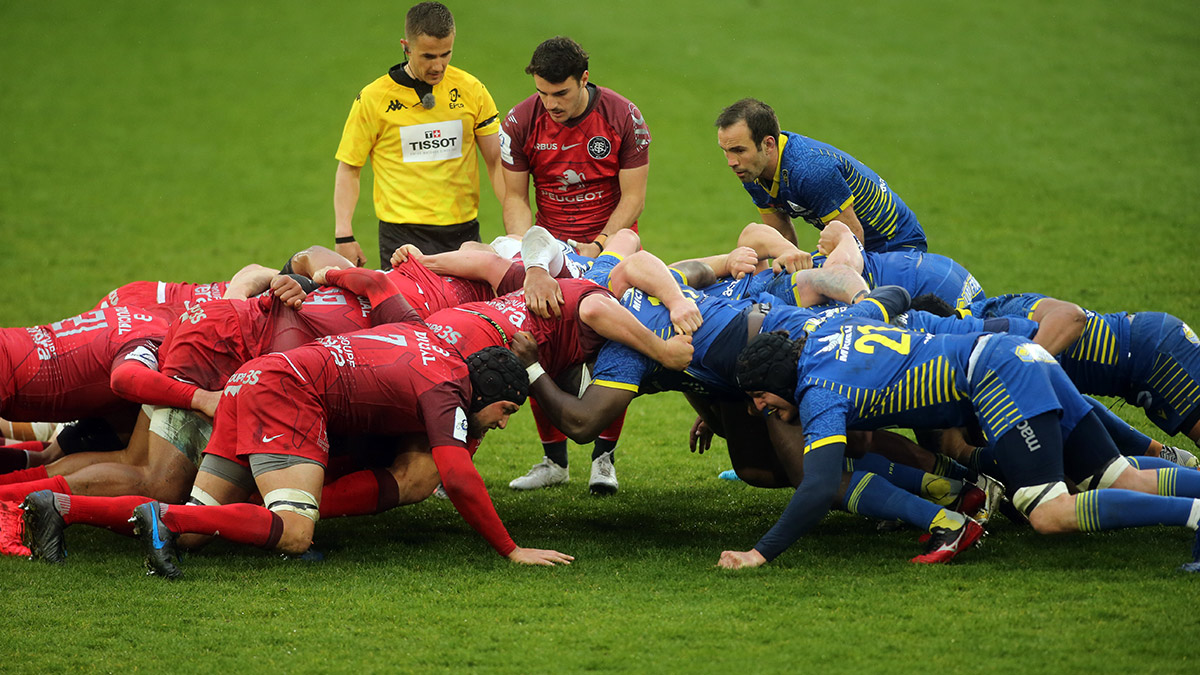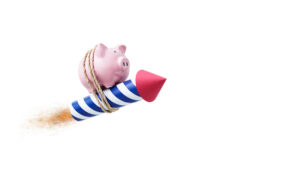UBS: Global BNPL competition is coming — here’s what it means for Afterpay and co

(Pic: Getty)
The threat of competition is a common BNPL narrative, and UBS has taken a closer look in its latest bit of sector research this morning.
The analysts reckon heightened BNPL competition is “inevitable”, based on current transactions margins and barriers to entry.
Transaction costs
A core aspect of the BNPL model deployed by market leaders such as Afterpay (ASX:APT) and Zip Co (ASX:Z1P) is that merchants are:
1. charged a fee for facilitating the transaction, and
2. contractually banned from passing that cost onto consumers.
In that context, “BNPL providers’ all-in costs are significantly higher than other transaction types in Australia” such as credit or debit cards, UBS said.

“As Afterpay’s systemic cost is multiples of other payment types with economics that generate an excess return, competition is likely,” UBS said.
The bank also reiterated its long-held view that BNPL transaction margins may also come under threat from increased regulation.
For example, new rules which mean merchants cannot be prevented from passing on fees to consumers.
So far though, Australian regulators have indicated they are in no hurry to change the “no-surcharge” rule used by BNPL operators.
BNPL competition – PayPal
UBS also thinks the September 2020 entrance of PayPal into the BNPL space is “likely to be significant”.
With a “take-rate” that is approximately half that of Afterpay, PayPay also leverages a global merchant network that is around 400x that of APT and 750x that of Z1P, UBS said.
Its marketing spend for calendar year 2020 also came in at $2.7bn, around 15x that of APT.
Barriers to entry
As the domestic market leader, Afterpay has built a scale advantage in Australia, where it collects 67% of total BNPL sales.
Figures from PayPal and CBA-backed competitor Klarna aren’t included, because they don’t release their results publicly.
UBS calculated APT’s share of the US market at 39%, where it’s also taking on Zip, Sezzle (ASX:SZL) and recent Nasdaq debutante Affirm.
After raising US$1.2bn at US$49 a share in January, Affirm shares doubled on debut but have since dropped back to around US$50.
The company has a US network of around 6,500 merchants and UBS estimates it accounts for around 45% of the US market.
Looking at the broader landscape, UBS doesn’t think it is “prohibitively expensive or difficult to replicate Afterpay’s product”.
The analysts partly based that analysis on their assessment of APT’s investment IP, noting that it only values the core technology and PPE assets on its balance sheet at $69m, against total assets of $1.6bn.
With low capital investment requirements, further downward pressure on merchant fees and the rise of new competitors, UBS said the competitive landscape for BNPL will continue to remain challenging.
The UBS analyst team (led by Tom Beadle) has been one of the more notable Afterpay bears.
While the inflation rotation saw APT shares slump below $85 before stabilising, UBS still thinks the market has under-priced those competitive risks, as well as the amount of capital APT will need to sustain its growth.
Its latest valuation for APT is $37 — a discount of 156% to today’s trading price above $95.
UNLOCK INSIGHTS
Discover the untold stories of emerging ASX stocks.
Daily news and expert analysis, it's free to subscribe.
By proceeding, you confirm you understand that we handle personal information in accordance with our Privacy Policy.








